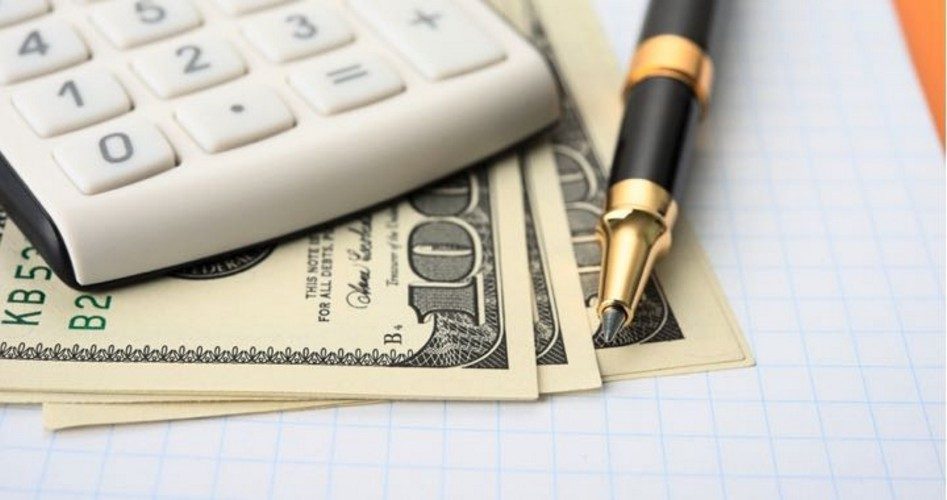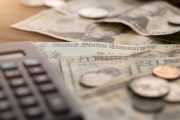
The report from the independent Conference Board released on Thursday confirmed what most already know: The U.S. economy is on a tear, and there appears to be nothing on the horizon to slow it down, at least for the next six to nine months. Said its Director Ataman Ozyildirim:
The U.S. LEI [Leading Economic Index] increased in March, and while the monthly gain [was] slower than in previous months, its six-month growth rate increased further and points to solid growth in the U.S. economy for the rest of the year.
The strengths among the components of the leading index have been very [robust] over the last six months.
The LEI, which bottomed out during the Great Recession in the middle of 2009, has rocketed from 73 to 109, using 2016 as the base year of 100 for its calculations. In simpler terms the LEI has jumped by 49 percent, reflecting the slow, steady and now accelerating recovery from that contraction. The Board’s coincident and lagging economic indexes, not surprisingly, also increased for the month, confirming the accuracy of the leading index in predicting the United States’ economic future.
The Conference Board tracks 10 “leading” indicators to back up its predictions, including average weekly hours (an increase usually occurs just before employers increase their hiring of new people); average weekly jobless claims (a decline also bodes well for the economy as employers are keeping their employees happy through wage and benefit increases); manufacturers’ new orders for consumer goods such as home appliances, electronics, and the like (this is a leading indicator as increases mean increasing demand for those goods by consumers); how long it takes for vendors to deliver commodities to industrial companies (an increase in delivery time indicates rising demand for those commodities); manufacturers’ new orders for capital goods (such as automated storage and retrieval systems for warehouses, data centers, oil rigs, and the like) are tracked, as well, with an increase in new orders reflecting an increasingly robust and healthy economy; building permits for new private housing (an increase reflects not only consumer confidence but an increasing ability to make such purchases); the Standard & Poor’s 500 stock index (recognizing that the stock market itself is a forward-looking indicator as investors are purchasing future improved economic performance from those companies); and the index of consumer expectations provided by the University of Michigan every month.
Despite the recent sell-off on Wall Street, the underlying economy continues to outperform experts’ expectations. With the rebound on Wall Street now well underway, seers peering over the horizon of the U.S. economy for storms and trouble aren’t seeing much to slow it down. The best these seers and nervous nellies can find to justify their bearish stance is that there’s been no substantial correction since the bottom of the Great Recession nine years ago, making this recovery rather long in the tooth, and some companies’ stocks are selling for more than their earnings may justify. For instance, the price/earnings (P/E) ratio for Apple, Inc. (APPL) was around 10 in the summer of 2016. But as its sales have soared, so have its earnings to the point where today its P/E ratio is around 17, still well within historical bounds.
Jason Zweig, author of the Intelligent Investor, which appears weekly in the Wall Street Journal, wrote about the conundrum in a recent article entitled “Stocks Are Probably Overpriced, but Don’t Be Too Sure.” Wrote Zweig:
Over the five years through Thursday [February 22], the S&P 500 has earned an average of 14.6% annually, including dividends; in the last 12 months, it’s up 16.7%. The louder the warnings became, the better stocks have performed.
As this author has opined, the “super fuel” from tax cuts and capital repatriation by companies holding profits offshore waiting for this moment is going to continue to drive the economy ever higher, well past any “recovery expiration date” some may apply. This is especially important for this election year as the economy will continue to astonish Trump supporters and dismay his detractors at least through the end of the year.
An Ivy League graduate and former investment advisor, Bob is a regular contributor to The New American magazine and blogs frequently at LightFromTheRight.com, primarily on economics and politics. He can be reached at [email protected].
Related article:
New Weekly Unemployment Claims Remain Below 300,000, Longest Streak Since 1967



